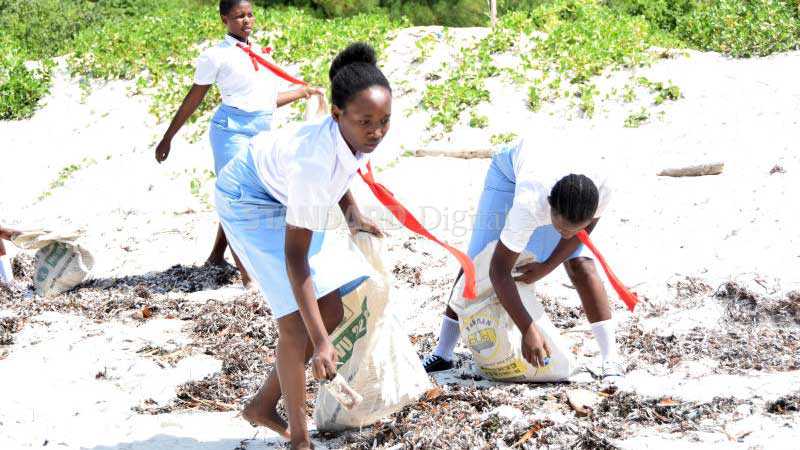×
The Standard e-Paper
Smart Minds Choose Us

A new teaching and learning method is being introduced in all secondary institutions to tame burning of schools, riots and drug abuse among learners.
Under the new changes, it will be mandatory for secondary schools students to mingle with the local community to learn and acquire life skills.